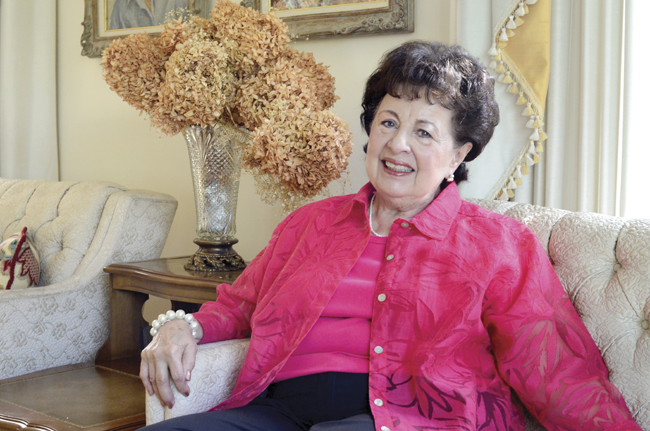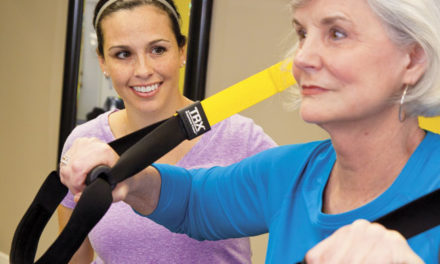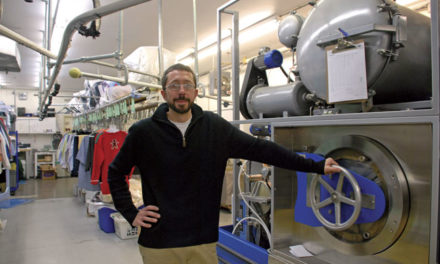BY LISA ELAINE HELD
In 1973, Bloomington’s Local Council of Women asked Becky Hrisomalos to spearhead a local Meals on Wheels program. She started by contacting local clubs, churches, and organizations, asking if she could make a presentation at upcoming meetings.
“I was just going around to all of these places, telling them about the need for such a group and what we would do,” Hrisomalos says. “It took me months, and, lo and behold, we got wonderful support from the community.”
This year, Bloomington Meals on Wheels, which delivers healthy meals to homebound and elderly community members, is celebrating its 40th anniversary. In addition to events planned throughout the year, its volunteers were able to mark the occasion in another way when, on April 2, they accepted a Be More Healthy Award at the 2013 Be More Awards sponsored by the city of Bloomington and the Bloomington Volunteer Network.
Not surprisingly, a lot has changed since Hrisomalos held volunteer meetings around her dinner table. “Our first delivery went out to four clients on one route, and now we have seven routes and can serve eighty-four people each day,” explains Executive Director Kathleen Romy.
The organization now has more than 230 active volunteers who range in age from 26 to 92, some of whom have served since the beginning. Monday through Friday, they deliver a hot lunch and a sack meal to each client. The meals, which are prepared at IU Health Bloomington Hospital under the direction of a registered dietician, are specialized to meet each client’s dietary needs.
Recent growth and increased funding have also allowed the organization to expand its reach among low-income clients. While most meal recipients pay $6 per day, individuals can apply for financial assistance if they’re unable to pay that amount. In 2012, more than 9,000 of the close to 50,000 meals delivered were provided free to low-income community members.
Some things haven’t changed over the past 40 years, notes Romy, including the volunteers’ level of commitment, the relationships formed, and the value of the service provided to the community.
“There’s more to it than just delivering food,” she says. “It gives the family peace of mind knowing that someone is looking in on their loved one each day.”
The volunteers benefit as well, says Hrisomalos, who is still involved today. “It’s such a thrill to go into someone’s home and see the grateful eyes and know you’re really helping someone out. You’re doing it for them, but you get something back, too.”











